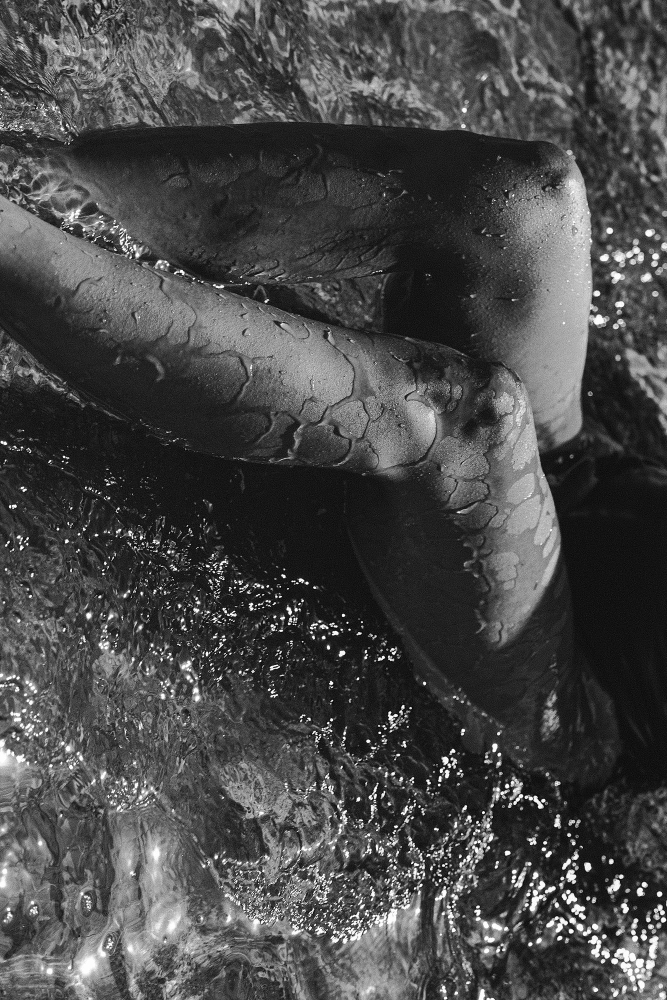The portrayal of nudity in entertainment has undergone significant evolution, reflecting broader societal shifts in attitudes towards the human body, empowerment, and artistic expression. What once sparked controversy and moral outrage has gradually evolved into nuanced discussions about identity, representation, and the boundaries of public and private spheres.
Historical Context and Evolution
Throughout history, nudity in entertainment has provoked varied reactions, from scandal and censorship to artistic acclaim and critical acclaim. Early cinema and television often depicted nudity through a lens of titillation or shock value, reinforcing stereotypes and perpetuating societal taboos. However, as societal norms have evolved, so too has the portrayal of nudity in entertainment, with filmmakers and artists increasingly using it as a tool for storytelling, character development, and social commentary.
Empowerment and Representation
In recent decades, there has been a notable shift towards portraying nudity in entertainment as a form of empowerment and representation. Actors and filmmakers have challenged traditional beauty standards and embraced diverse body types, promoting body positivity and celebrating the natural human form. Films and television shows such as “Girls,” “Euphoria,” and “Orange is the New Black” have garnered praise for their candid portrayal of nudity, depicting characters’ vulnerabilities and strengths without resorting to objectification.
Artistic Expression and Social Commentary
Beyond its role in personal empowerment, nudity in entertainment has also served as a vehicle for artistic expression and social commentary. Filmmakers and artists use nudity to provoke thought, challenge stereotypes, and explore complex themes such as identity, intimacy, and societal expectations. Directors like Pedro Almodóvar and Ang Lee have employed nudity to enhance storytelling and deepen audience engagement, pushing the boundaries of cinematic language and narrative conventions.
Cultural Impact and Public Discourse
The portrayal of nudity in entertainment continues to spark debates about censorship, artistic freedom, and ethical considerations. Advocates argue that authentic portrayals of nudity can foster empathy, promote inclusivity, and challenge harmful stereotypes. However, critics raise concerns about exploitation, consent, and the objectification of actors, highlighting the importance of responsible representation and ethical filmmaking practices.
Intersection of Gender and Sexuality
The evolving perceptions of nudity in entertainment also intersect with discussions about gender and sexuality. LGBTQ+ representation, in particular, has played a crucial role in challenging heteronormative narratives and expanding the scope of on-screen nudity. Shows like “Pose” and “Transparent” have explored the complexities of identity and intimacy, showcasing diverse experiences and perspectives within the LGBTQ+ community.
Educational and Cultural Institutions
In addition to mainstream entertainment, educational and cultural institutions have embraced nudity as a subject of study and reflection. Art galleries, museums, and academic forums often explore the historical, cultural, and artistic significance of nudity, inviting dialogue about beauty, identity, and the human condition.
Changing Perspectives and Future Directions
As attitudes towards nudity in entertainment continue to evolve, so too does the potential for meaningful storytelling and cultural exchange. By challenging stereotypes, promoting diversity, and embracing artistic freedom, creators and audiences alike contribute to a more inclusive and empathetic media landscape. The future of nudity in entertainment lies in its ability to inspire, provoke, and foster understanding, reflecting our shared humanity and collective aspirations for a more equitable world.
Conclusion
The shifting perceptions of nudity in entertainment reflect broader societal changes in attitudes towards identity, empowerment, and artistic expression. From controversial beginnings to nuanced discussions of empowerment and social commentary, the portrayal of nudity in film, television, and other forms of media continues to evolve, shaping public discourse and challenging viewers to reconsider preconceived notions about the human body and its representation on screen.
Explore more about the evolving perceptions of nudity in entertainment at https://www.mrskin.com/, where you can discover insightful analyses and iconic moments that have shaped media representation throughout history. So click here to learn more!

